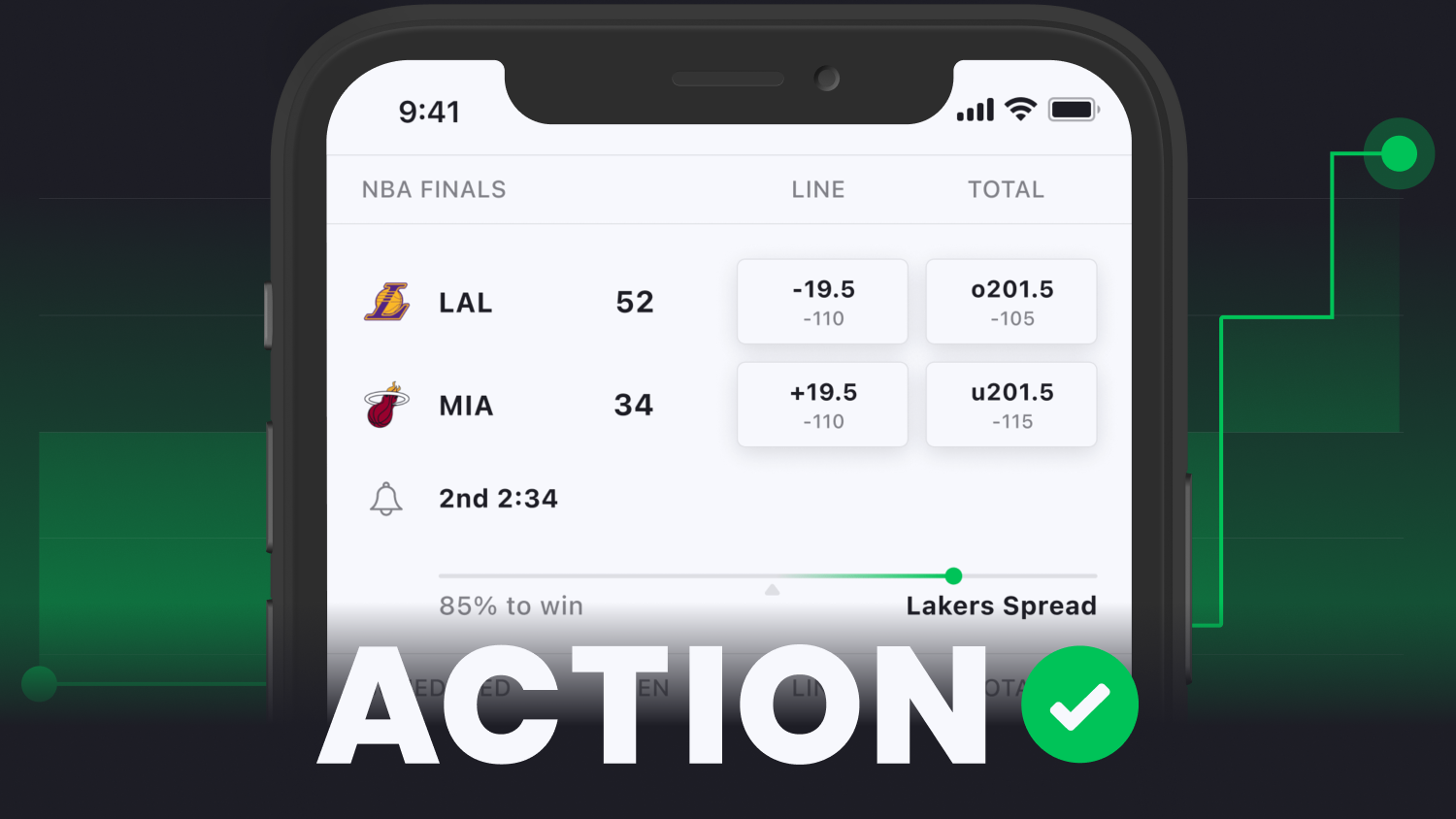Memorial Day brings with it an extended weekend, cookouts and time spent with loved ones. The May holiday also represents the announcement of the NCAA Regional field for college baseball.
With only a few weeks remaining in the regular season, conference champions will look to take automatic bids, while tournament hopefuls attempt to boost their resume with a conference tournament title.
Receiving a Regional or Super Regional seed gives a team home-field advantage, where home-field numbers are crucial for sides and totals.
"Park Factors" is the difference in runs scored at home compared to on the road. The equation doesn't only apply to the home team, but runs scored by the visiting team as well.
The total number of runs at home divided by the total number of runs on the road can indicate a team's offensive strength in postseason play. A neutral rating is set at 1.00, with higher numbers indicating an above-average home field in terms of runs scored. A rating under 1.00 indicates a pitcher's park.
Here's a look at Park Factors for all Division I teams competing for the national title:
There are a number of teams headed for the postseason that have home fields serving as launch pads.
Virginia owns an average Park Factor of 1.18, a rising number that indicates value on Wahoo totals not adjusted by oddsmakers. Vanderbilt is at the other end of the spectrum, logging a 0.88 number over the past three seasons.
The number for the College World Series is also crucial, as Charles Schwab Field is a spacious pitcher's park with a factor of 0.85.




















































